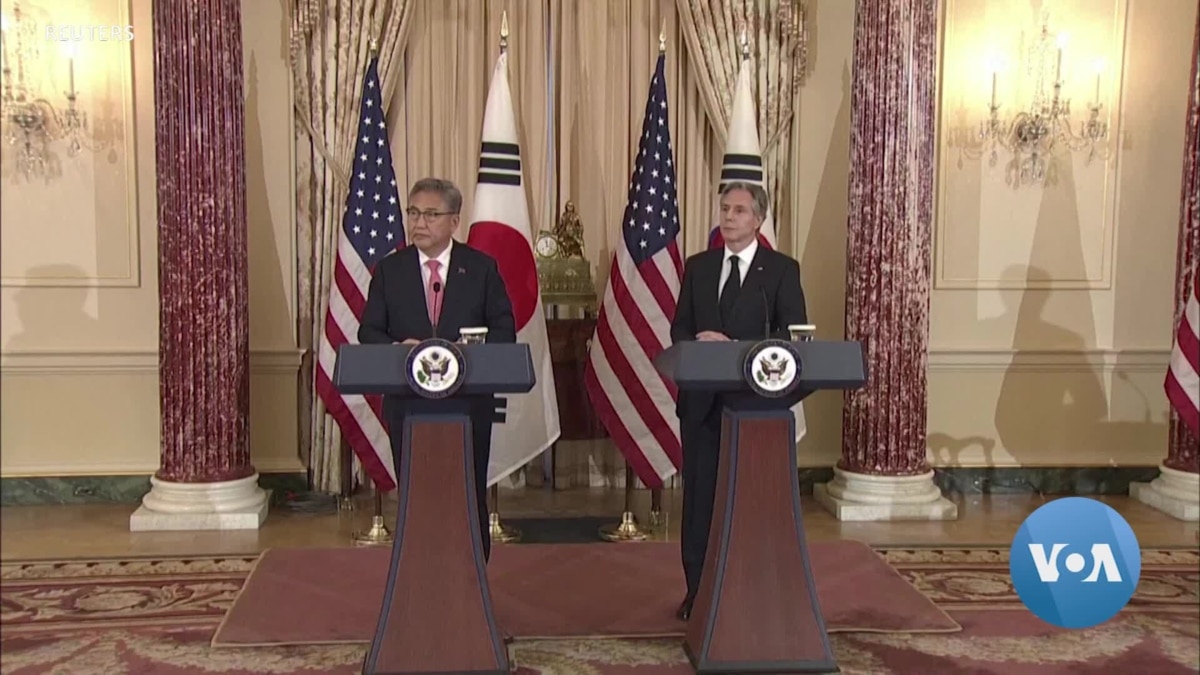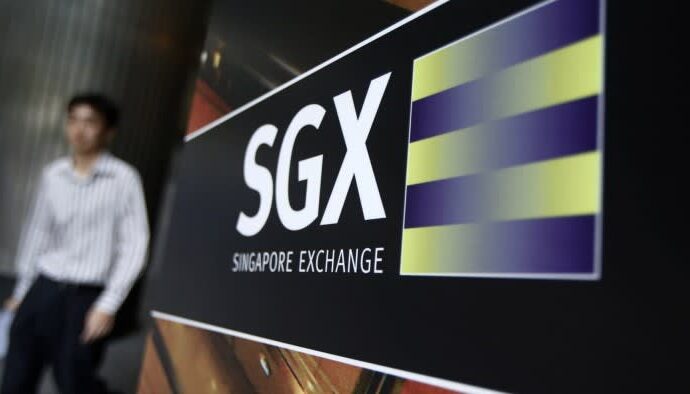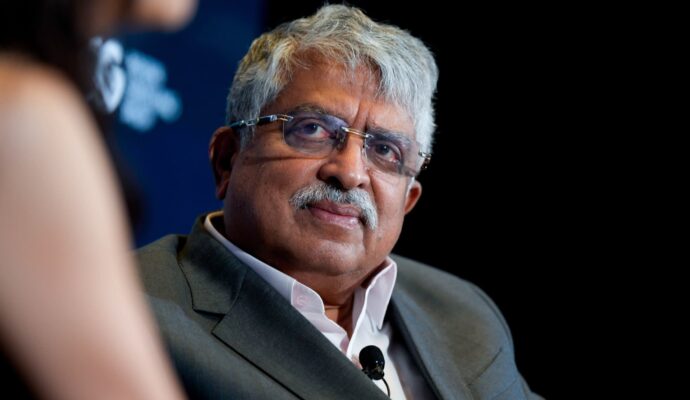
U.S. Secretary of State Antony Blinken is traveling to China Friday, a trip that was rescheduled from February after a suspected Chinese spy balloon flew through U.S. airspace. But expectations are low that Blinken’s trip will be able to reset the two countries’ fraught relationship.
Blinken is the first secretary of state to visit Beijing since 2018.
Tuesday night, Blinken spoke by phone with Chinese Foreign Minister Qin Gang.
In a tweet, Blinken said he and Qin “discussed ongoing efforts to maintain open channels of communication as well as bilateral and global issues.”
State Department spokesperson Matthew Miller added in a statement that Blinken “made clear the U.S. would continue to use diplomatic engagements to raise areas of concern as well as areas of potential cooperation.”
A Chinese foreign ministry statement about the call said Qin told Blinken the United States should stop interfering in China’s affairs and undermining China’s security and development interests. The ministry also said it hopes the United States will work with China to manage differences and promote cooperation.
The trip initially scheduled for earlier this year was canceled over the balloon issue and China’s objection to U.S. support of Taiwan. Beijing maintained the balloon was a “civilian airship” used mainly for “meteorological” purposes.
U.S. officials have said it is in the interest of both countries to maintain open lines of communication. The Pentagon also wants Beijing to answer a military hotline so generals can talk during incidents like a recent close encounter involving U.S. and Chinese ships in the Taiwan Strait.
Observers say despite the tensions, both governments are trying to set up a summit later this year.
“Both countries are working toward a possible meeting between [U.S. President Joe] Biden and [Chinese President] Xi Jinping at the APEC [Asia Pacific Economic Cooperation] meeting which will take place in San Francisco in November, and in order to have a successful summit, if that is indeed on the agenda, there needs to be a lot of preparation,” said Bonnie Glaser, managing director of the Indo-Pacific program at the German Marshall Fund of the United States.
While Washington is seeking to re-engage Beijing on the issues of counternarcotics and climate change, experts and congressional critics are skeptical the two countries can have a substantial change in the status of their relationship.
“I do not think that we should be looking towards a reset of the U.S.-China relationship,” Glaser told VOA.
“It is an opportunity for both sides to continue to express their concerns and maybe find ways to address differences. This is particularly true in the military realm, where they’ve actually been frozen,” Glaser added.

